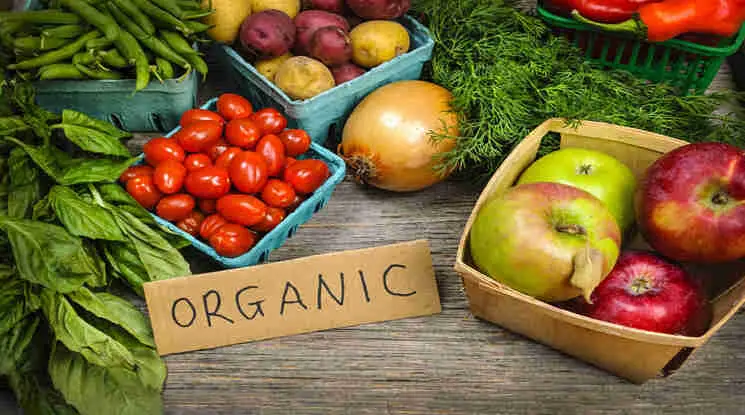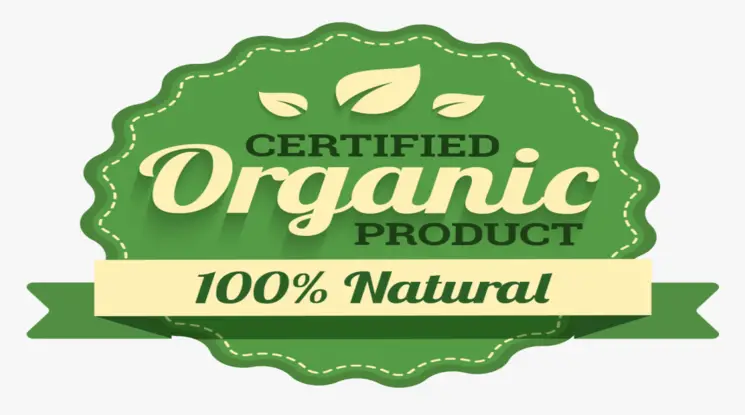In the realm of health and wellness, organic eating has become synonymous with a clean and nutrient-rich lifestyle. However, a prevailing misconception often dissuades individuals from embracing organic choices the belief that organic eating is an expensive indulgence. In this blog post, we aim to discuss and provide practical tips for health conscious consumers to adopt organic eating on a budget. With a bit of strategic planning and mindful shopping, making organic choices can be both feasible and affordable.
Organic Eating: Affordable Alternatives for Every Budget
Let’s confront the elephant in the room the notion that organic eating is a luxury reserved for those with deep pockets. While it’s true that some organic products may come with a higher price tag, assuming that all organic options are prohibitively expensive is a misguided oversimplification.
Firstly, it’s essential to recognize the long-term benefits of investing in organic foods. Yes, the initial cost may be slightly higher, but the dividends paid in improved health and well-being can offset these expenses. Moreover, the misconception that organic eating is exclusively expensive is challenged by the plethora of budget-friendly options available for health-conscious consumers.
Budget-Friendly Strategies
Prioritize Key Organic Items
Start by identifying the organic products that matter most to you. Prioritize items that are part of your daily diet and those known to have higher pesticide residues when conventionally grown. Focus on key items such as fruits, vegetables, and dairy products.
Buy in Bulk
Purchasing organic items in bulk can significantly reduce the cost per unit. Look for bulk sections in grocery stores or consider joining a local co-op where you can buy organic products in larger quantities at lower prices.
Seasonal and Local Shopping
Opting for seasonal and locally sourced organic produce can be a game-changer. Not only are these items fresher, but they also tend to be more affordable due to reduced transportation costs. Visit farmers’ markets or explore community-supported agriculture (CSA) programs for cost-effective organic options.
DIY: Grow Your Own
For those with a green thumb, consider growing your own organic produce. Whether it’s a small herb garden on the windowsill or a backyard vegetable patch, cultivating your food can be both rewarding and budget-friendly.
Frozen Organic Produce
Don’t overlook the frozen food section. Frozen organic fruits and vegetables are often more affordable than their fresh counterparts, and they have the added benefit of a longer shelf life.
Store Brands and Discounts
Many grocery stores now offer their own organic brands, which are often priced more competitively than well-known organic labels. Additionally, keep an eye out for sales, discounts, and loyalty programs that can significantly reduce the overall cost of organic items.
Limit Processed Organic Foods
While convenient, processed organic foods can be pricier than whole, unprocessed options. Focus on whole foods and simple recipes to maximize your budget without compromising on the organic quality of your diet.
Meal Planning and Batch Cooking
Planning your meals in advance and cooking in batches can help you make the most of your organic purchases. This not only reduces food waste but also ensures that you have nutritious, organic options readily available throughout the week.
Conclusion
In conclusion, the misconception that organic eating is exclusively reserved for the affluent is a barrier that needs dismantling. By adopting a strategic and mindful approach, health-conscious consumers can incorporate organic foods into their diet without breaking the bank. From prioritizing key items to exploring budget-friendly options like bulk shopping and frozen produce, the journey toward organic eating on a budget is both feasible and rewarding. Remember, investing in your health through organic choices is an investment in a vibrant and sustainable future.












